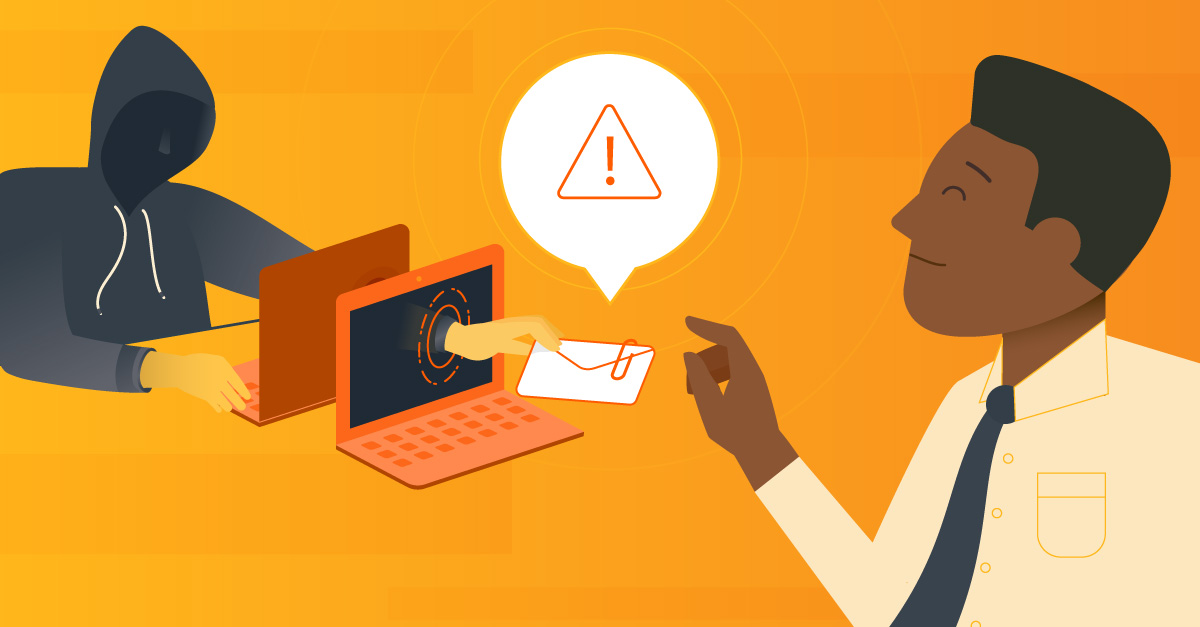
Emails are still one of the top choices for businesses regarding internal and external communication with different stakeholders. The demand for an effective email host has increased significantly to add professionalism and avail multiple benefits while using emails.
Similar to how you buy domain name and hosting services to secure your business from external threats and cyber-attacks, investing in the right tools for improved email security is also necessary.
To know the best practices for improved business email security, keep reading.
Email Security: Meaning and Importance
Even though emails are trusted by a large portion of the world population, their increasing demand and constant efficiency delivery have made them a common target by hackers.
Since most businesses, regardless of their size and industry vertical, trust only email communication, the impact of poor email security can cause significant damage to business reputation and client relationships.
Email security is a critical security practice that allows businesses to protect all email communication, email accounts, data shared via emails, etc., from online attackers. It is crucial as a well-managed and secure email communication system can attract multiple benefits while securing customer trust.
With the right email security practices, a business can reduce the possibility of any unauthorised access to its communication system.
This is because the barriers to entry are increased using these practices, helping businesses protect their valuable database while also identifying any suspicious entry for instant resolution.
Let us look at the top business email security practices below.
List Of Email Security Best Practices
- Implement Multi-Factor Authentication
Adding layers of verification and authentication to increase your business email security is one of the most effective practices. Implementing two-factor or multi-factor authentication for all company email users is a great way to increase email security.
With this practice, any internal or external user cannot get email access without providing additional proof for verification. This reduces the chances of unknown entries and data breaches.
- Set Unique Passwords
A password is necessary to access any email account. However, using common or easy-to-guess passwords can make your account an easy target for malicious activity.
The trick to protect your email account and increase its security is to create a password that comprises a range of modifications.
For example, a password starting with your mother’s favourite juice name, your sister’s first name in capital letters, the DOB of your first pet, and a unique symbol like “#” is a strong, unique password for anyone to guess.
- Make Back Up A Regular Activity
Email security does promise minimal invasion into your email account. However, being prepared for any unexpected cyber-attack or hacking threat is essential.
Regular email account backup is necessary to safeguard your data beforehand, as it will secure all-important conversations and data exchange if an account shuts down.
Moreover, this will allow you to easily access any necessary email if you are kicked out of your email account.
- Avoid Using Public Internet Connection
One less popular but highly effective email security practice is limiting the usage of any public internet connection to access emails.
This is important as public networks are usually easy to tap into, compromising your email account security as soon as you access any email.
- Introduce Email Encryption
Most bank account statements shared on emails come with a specific code requirement for access.
Adding a similar layer of protection of code entry as part of email encryption for all email accounts within a business network can protect your email communications from unauthorised access or sharing.
Conclusion
Investing in the right email protection tools and practices can positively impact business performance and market image.
Email communications are essential, especially for businesses that promote a flexible remote or hybrid working environment. Whether email communications between employees or teams and clients, offering high email security benefits every stakeholder.

